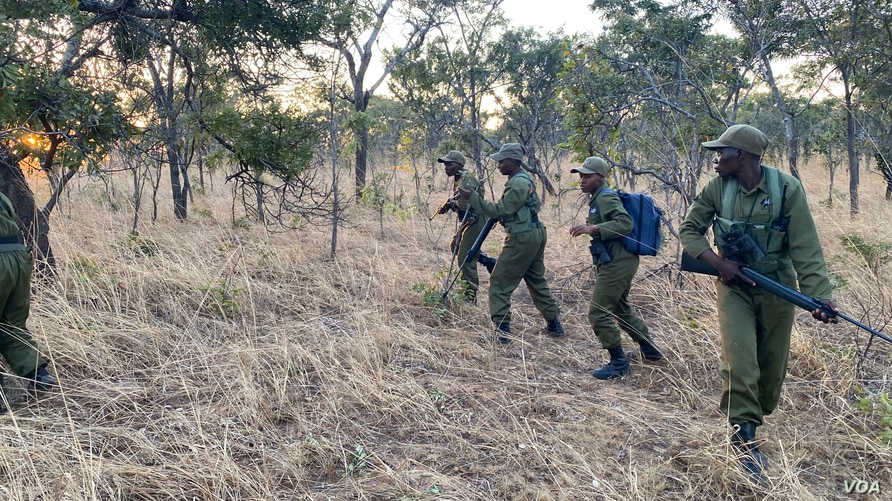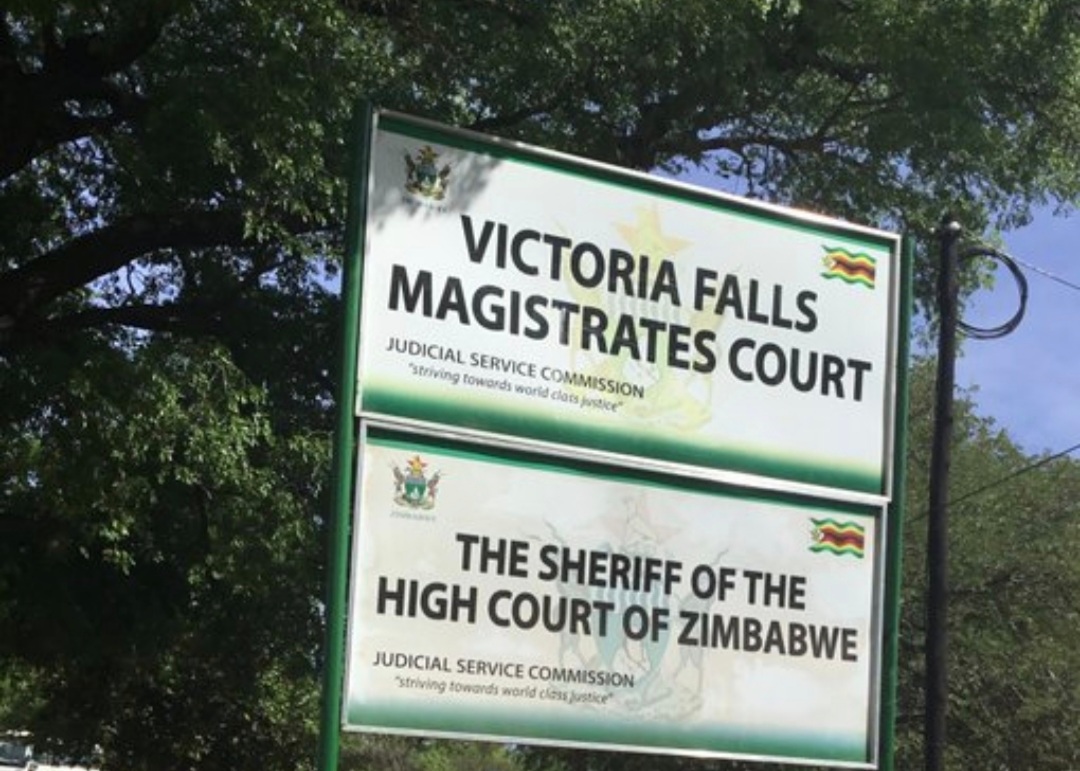National
Victoria Falls tout hangs himself with belt
-

 Slider3 years ago
Slider3 years agoInnscor launches brewery to produce Nyathi beer
-

 National4 years ago
National4 years agoIn perched rural Matabeleland North, renewable energy is vital
-

 Opinion3 years ago
Opinion3 years agoA street art mural in Zimbabwe exposes a divided society
-

 Tourism and Environment4 years ago
Tourism and Environment4 years agoStrive Masiyiwa’s daughter opens luxury Victoria Falls lodge
-

 National2 years ago
National2 years agoCommission of inquiry findings fail to be tabled as Victoria Falls councillors fight
-

 National3 years ago
National3 years agoVictoria Falls’ pilot dies in helicopter crash
-

 National2 years ago
National2 years agoHwange coal miner fires workers over salary dispute
-

 National4 years ago
National4 years agoVictoria Falls bartender gored to death by elephant




